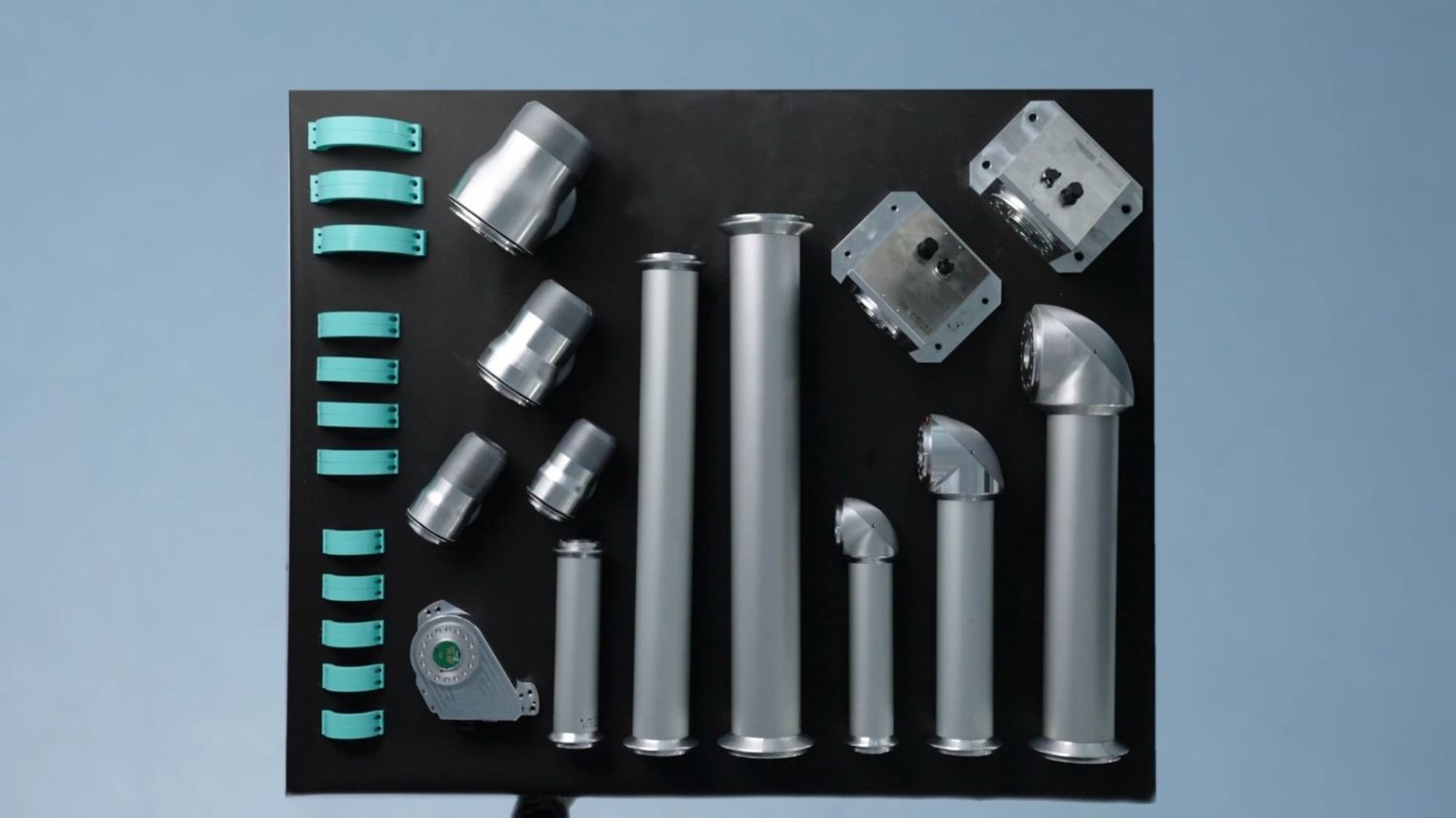Modular robots are a groundbreaking innovation in robotics, particularly for medium-sized industrial companies. The flexible and adaptable robotic systems offer a variety of advantages that enable companies to optimize their production processes and remain competitive.
Benefits for medium-sized industrial companies:
1. Adaptability: Modular robots are characterized by their versatile adaptability. By using interchangeable modules and components, companies can flexibly configure and expand their robotic systems to adapt to changing operational and production requirements.
2. Profitability: Compared to large, cost-intensive industrial robots, modular robots are generally less expensive to buy and maintain. This gives medium-sized companies access to robotics solutions without having to make large investments.
3. Easy integration: Modular robots are easy to integrate and operate in existing production environments. Even companies without extensive experience in robotics can easily use the technology and benefit from the benefits. Ideally, the associated software can even be operated without any programming knowledge.
4. Scalability: The modular design of robots enables companies to scale their robotic systems as required. Starting with a small robot solution, they can expand it as needed to take on more tasks in the production process or add additional functions.
Specific applications of modular robots in production:
1. Assembly: Modular robots can be used in assembly to perform repetitive or demanding tasks. Thanks to the flexibility of the robots, they can assemble various components and products and adapt to changing requirements.
2nd packaging: In the packaging industry, modular robots can be used to package and palletize products. The adaptability of the robots enables them to handle various packaging formats and sizes and to increase production efficiency.
3. Quality control: Modular robots can also be used for quality control to check products for faults or defects. By using image processing systems and sensors, the robots can carry out precise inspections and ensure product quality.
Difference from large, expensive industrial robots:
In contrast to large, expensive industrial robots, modular robots are generally smaller and more flexible. They are designed to perform a wide range of tasks in various environments, while traditional industrial robots are often designed for specific applications and are therefore less adaptable.
Overall, modular robots offer an attractive solution for medium-sized industrial companies to optimize their production processes and benefit from the advantages of robotics. With their flexibility, cost efficiency, and easy integration, they are an ideal choice for companies that want to increase efficiency and remain competitive.

